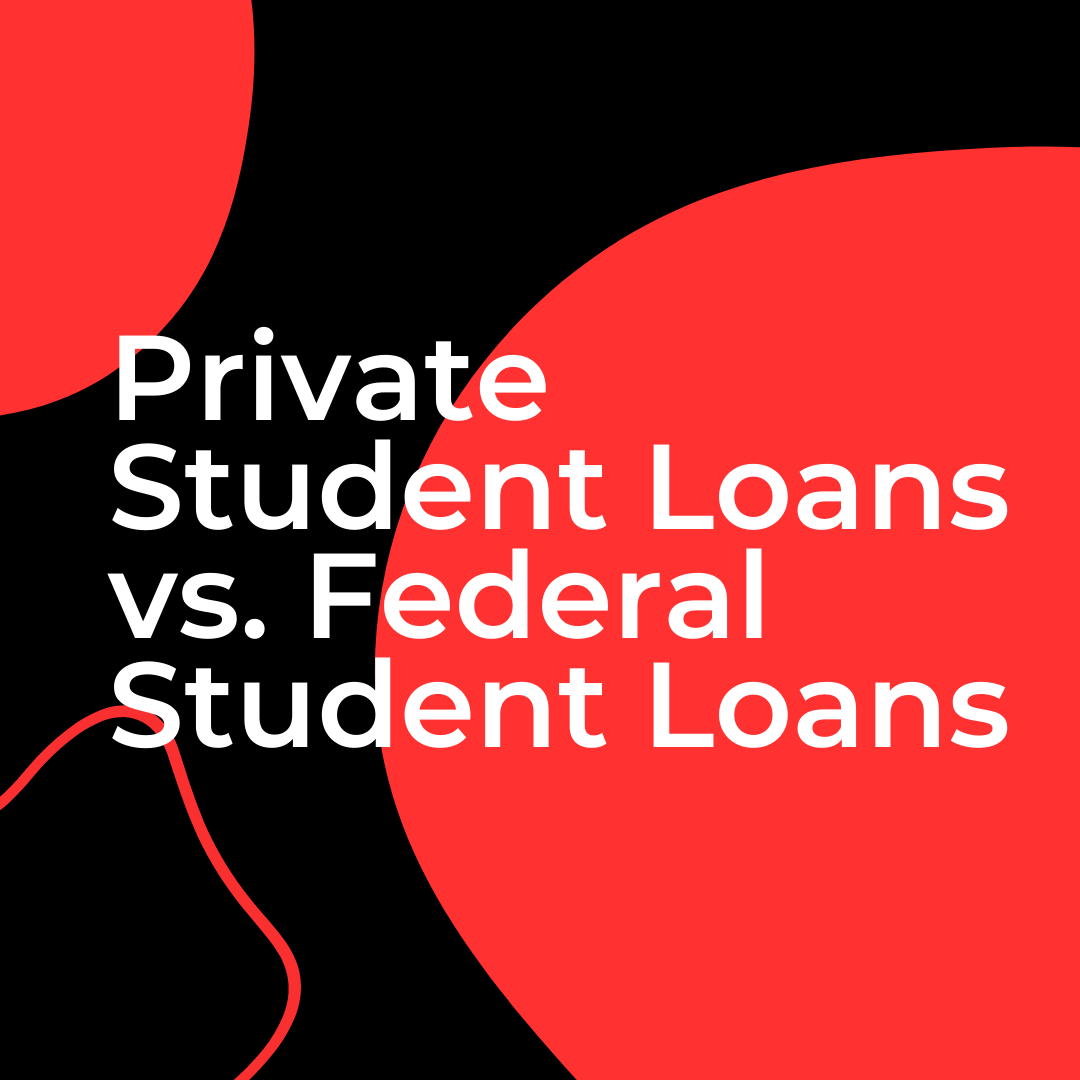
Switzerland’s relationship with the European Union (EU) is unique, defined by a combination of independence, neutrality, and economic pragmatism. While many of its neighboring countries have integrated into the EU, Switzerland remains outside of the union. But why? The reasons are rooted in history, politics, and the Swiss people’s desire for self-governance.
1. Switzerland’s Tradition of Neutrality
Switzerland is known for its long-standing policy of neutrality. This policy dates back centuries and has been a core part of Swiss identity, particularly after the Congress of Vienna in 1815, where the country’s neutrality was officially recognized. The Swiss people have been cautious about joining supranational organizations that might challenge or dilute this neutrality. For them, staying out of the EU is a way to maintain this stance, avoiding entanglements in the EU’s political or military obligations.
2. Direct Democracy and Public Opinion
Switzerland operates a system of direct democracy, meaning the Swiss population has a direct say in important national decisions through referendums. The question of joining the EU has been put to the vote several times, and each time, the Swiss people have rejected membership. In 1992, for instance, a national referendum narrowly rejected Switzerland’s membership in the European Economic Area (EEA), which was seen as a stepping stone toward joining the EU.
Swiss voters are generally cautious about giving up any level of national sovereignty. Many believe that full membership in the EU could undermine the country’s decision-making power and autonomy, especially in areas like immigration, economic regulation, and foreign policy.
3. Economic Relationships Without Full Membership
Despite not being an EU member, Switzerland enjoys close economic ties with the EU. The country is part of the Schengen Area, allowing for open borders and free movement within most of Europe. It has also signed over 120 bilateral agreements with the EU, covering various sectors such as trade, transport, and research cooperation. These agreements allow Switzerland to access the EU’s single market, particularly in goods and services, without needing to adopt all EU rules and regulations.
This unique arrangement allows Switzerland to benefit from economic cooperation with the EU while maintaining its political independence. Joining the EU, on the other hand, could require Switzerland to accept more EU laws and regulations, which the Swiss have been reluctant to do.
4. Concerns About Sovereignty and EU Regulations
A significant concern for many Swiss citizens is that joining the EU would mean adopting EU legislation, often referred to as the “acquis communautaire.” This vast body of EU law would override Switzerland’s national laws in many areas, reducing the country’s control over its own affairs. For a nation that values its federal structure and local governance, this is a hard pill to swallow.
Moreover, Switzerland has specific laws and regulations tailored to its unique political and cultural context. Joining the EU would likely mean compromising on some of these, particularly in areas like immigration, agriculture, and financial services. Swiss citizens and politicians alike are wary of losing this control over their domestic affairs.
5. Financial Contributions and EU Membership Costs
Another reason Switzerland remains outside the EU is the financial burden that comes with membership. EU member states are required to make significant financial contributions to the EU budget, which helps fund various programs and initiatives across the union. For Switzerland, the costs of membership may outweigh the benefits, especially considering its relatively small size and population compared to larger EU economies like Germany or France.
By staying out of the EU, Switzerland can avoid these mandatory contributions, while still benefiting from many aspects of the single market through its bilateral agreements.
6. The Fear of Losing the Swiss Model
Switzerland’s political and economic system is often referred to as the “Swiss model.” It’s characterized by strong local governance, a high degree of personal freedom, and a stable, prosperous economy. Many Swiss citizens fear that joining the EU could threaten this model by imposing external regulations and reducing the country’s autonomy.
The Swiss are proud of their distinct political system and are generally cautious about changes that might compromise it. The idea of joining a larger, more centralized entity like the EU doesn’t sit well with many who value Switzerland’s unique way of doing things.
Conclusion: A Balance of Independence and Cooperation
Switzerland’s decision to remain outside the EU is not an anti-European stance, but rather a reflection of its historical and cultural values. The country has found a way to strike a balance between independence and cooperation. By maintaining its political autonomy while fostering strong economic ties with the EU, Switzerland has crafted a relationship that works well for its people.
In the end, the decision to stay out of the EU is rooted in a desire to protect Swiss neutrality, sovereignty, and direct democracy—core values that have shaped the nation’s identity for centuries. For now, Switzerland appears content to maintain its status as a close partner of the EU, without full membership.
RELATED POSTS
View all



